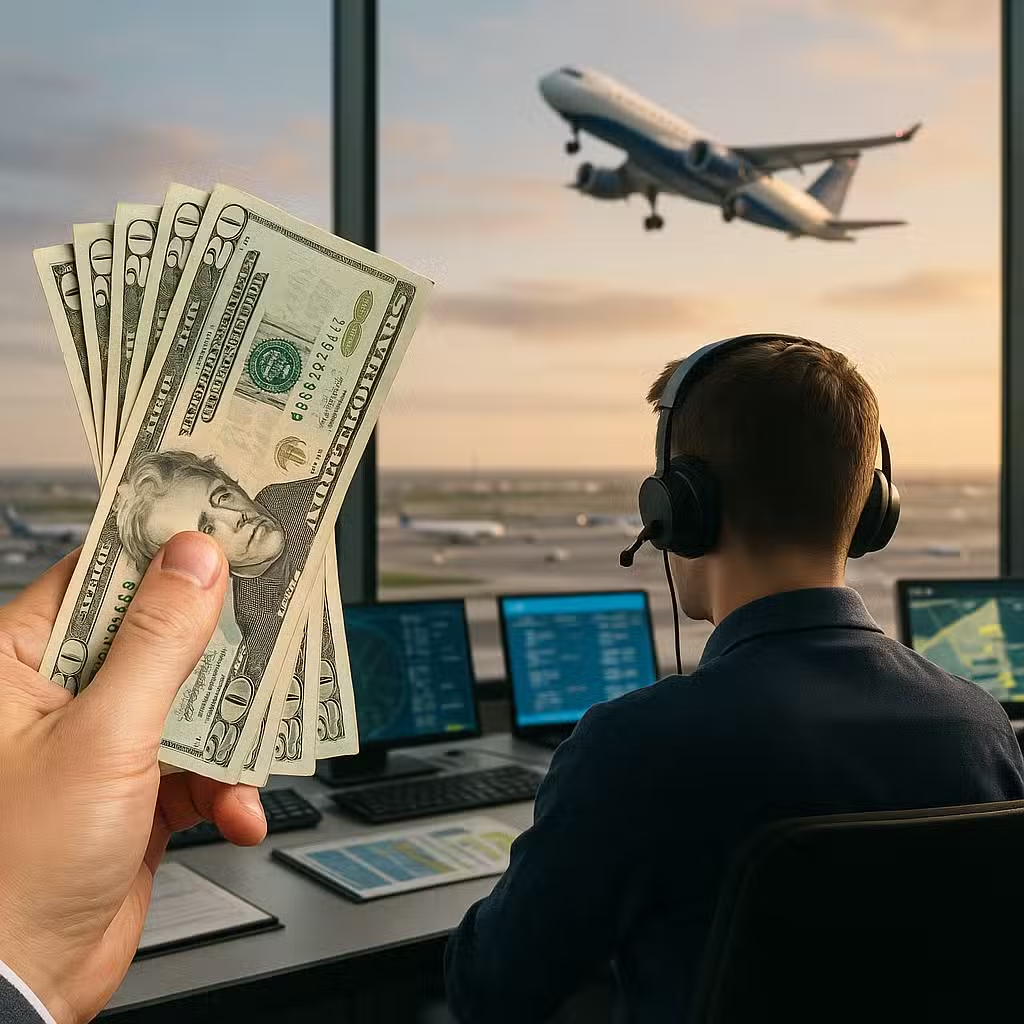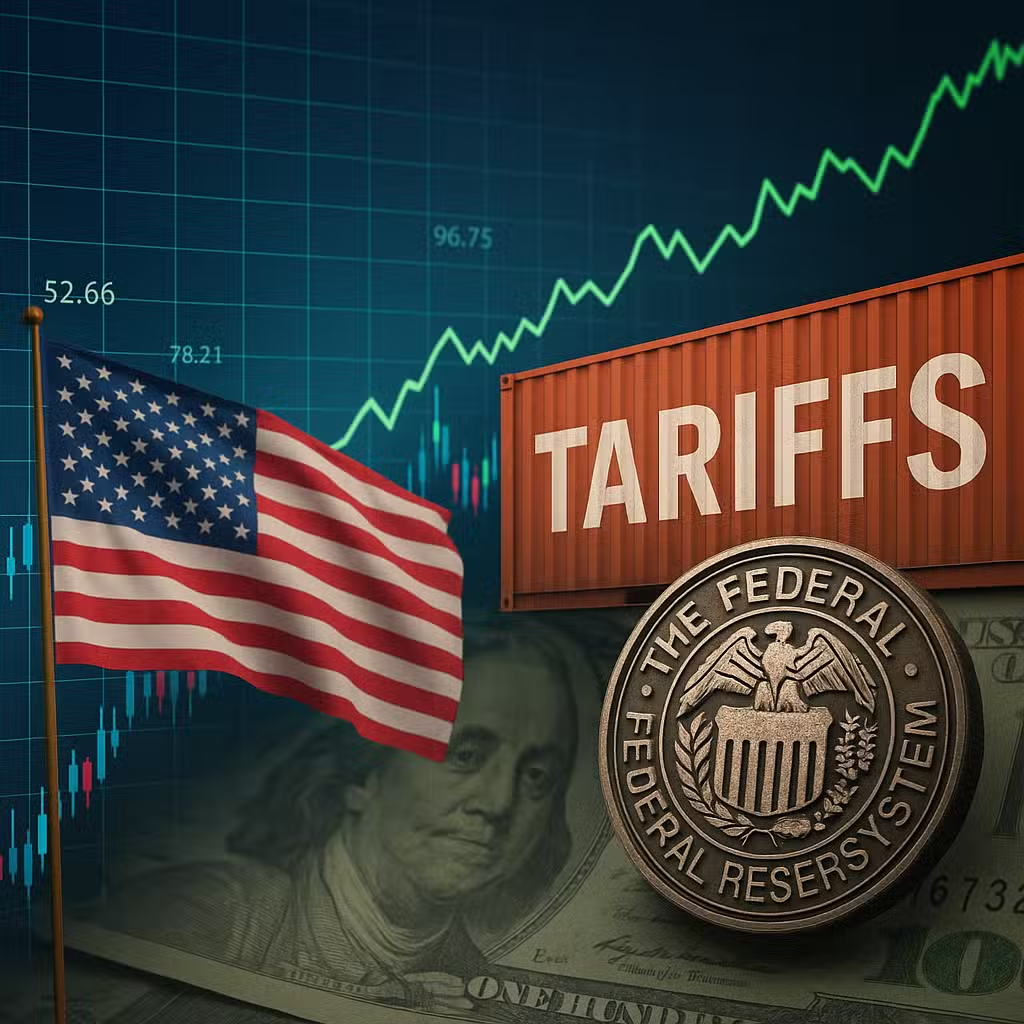Partial Pay for Air Traffic Controllers Signals Ongoing Uncertainty for Investors in Aviation Sector
Imagine if your school bus driver suddenly stopped getting paid, but still had to drive you to school every day. That’s what’s happening right now with air traffic controllers in the U.S.—and it could affect everyone who flies, including investors.
Why Investors Should Care
Air traffic controllers are like the traffic cops of the sky. If they’re stressed or missing paychecks, flight delays and cancellations can ripple through the economy. For investors, that means possible trouble for airlines, travel stocks, and even the broader market if the shutdown drags on.
What’s Happening Now?
Since October 1, the U.S. government has been shut down because Congress hasn’t agreed on a budget. Air traffic controllers and airport security workers still have to work, but many haven’t been paid—or have only gotten part of their paycheck.
- Controllers are worried about their bills and are even picking up side jobs, like driving for ride-hailing companies, to make ends meet.
- Last week, there were flight delays in cities like Nashville and Burbank because of staff shortages.
- Airports in cities like New York, Washington, D.C., and Las Vegas are caught up in a political blame game, refusing to play government videos at their terminals.
Bull Case: Reasons for Optimism
- Most air traffic controllers are still showing up for work, keeping flights moving for now.
- In the past, like during the 2018-2019 shutdown, the government reopened quickly after major flight disruptions, limiting long-term damage.
- Some airlines are using this moment to push for more training and new technology, which could make flying smoother in the future.
Bear Case: Reasons for Worry
- If the shutdown continues, controllers may miss more paychecks, increasing stress and risk of mistakes.
- Flight delays and cancellations could pile up, hurting airline profits and causing headaches for travelers.
- Long-term staff shortages are already a problem. According to the Federal Aviation Administration, the U.S. had about 1,000 fewer fully trained air traffic controllers in 2022 than a decade before (source).
- Market confidence could take a hit if investors worry about bigger slowdowns in travel and business.
Historical Perspective
The last major U.S. government shutdown in 2018-2019 lasted 35 days. It ended quickly after air travel in New York nearly came to a standstill. The airline sector dropped about 5% during that period, but rebounded once the shutdown was resolved (source).
Investor Takeaway
- Stay alert to airline stocks: Watch for more delays or cancellations, which could hit revenues and share prices.
- Don’t panic-sell: Past shutdowns have been resolved quickly after public outcry, and markets have recovered.
- Look for bargains: If airline or travel stocks dip, there could be buying opportunities if you believe the shutdown will end soon.
- Diversify: Make sure your portfolio isn’t too dependent on one sector, especially those hit hardest by travel disruptions.
- Follow the news: Major developments in Congress or at airports could move markets quickly, so stay informed.
For the full original report, see CNBC







